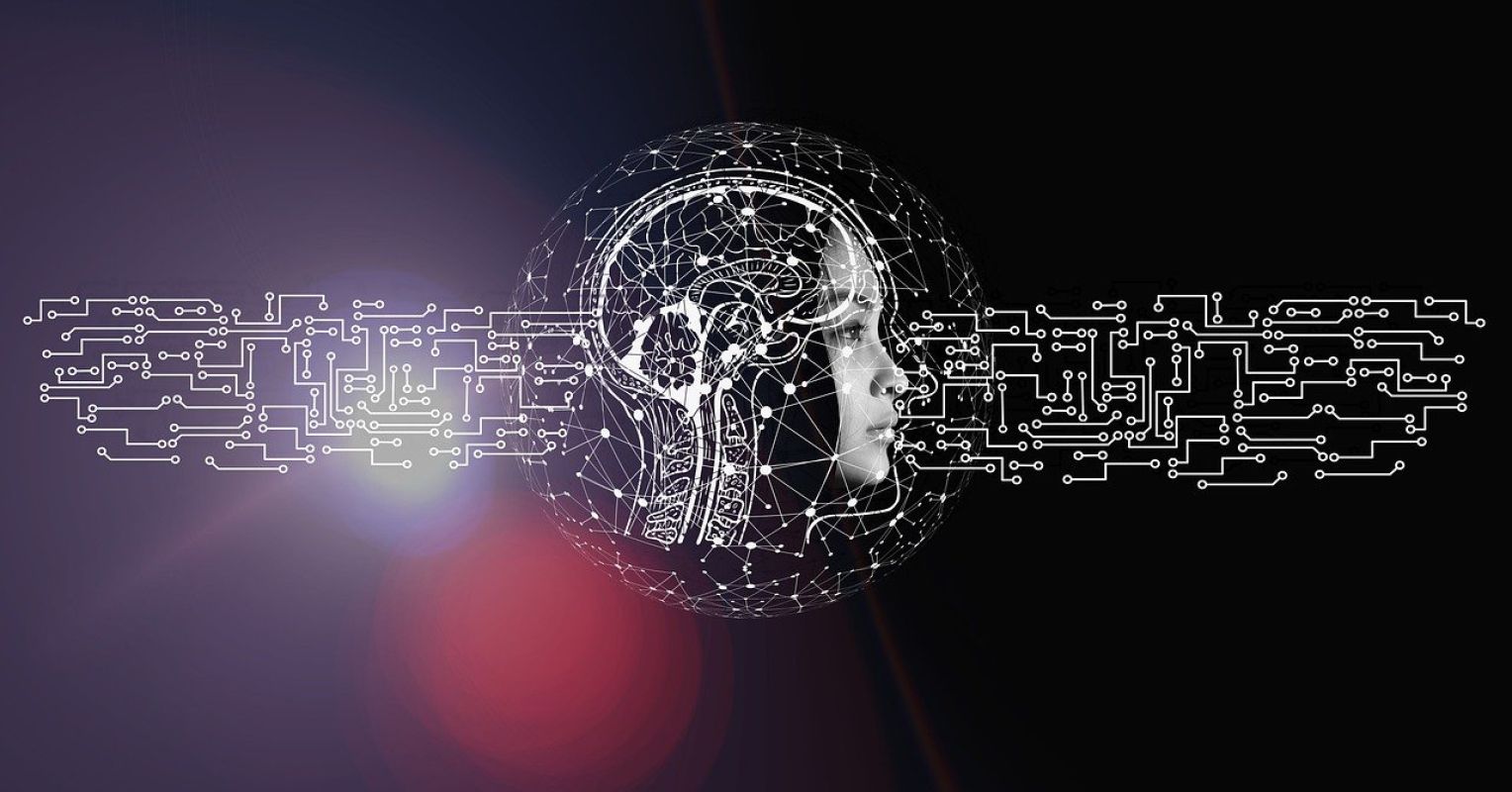
"Emotional responses to AI encompass a spectrum from excitement to fear, influencing levels of worker engagement and productivity across various industries as AI becomes integral to workplaces."
"Trust in AI systems is critical and depends heavily on how these systems are introduced and how much employees are involved in the transition process, shaping their willingness to engage."
"Change fatigue triggered by AI implementation can lead to employee disengagement and burnout, particularly in work environments where workers are already feeling overwhelmed by other demands."
"The emotional impact of AI on workers is a crucial element that needs to be considered for successful integration and to promote a healthier, more dynamic work culture."
Emotional responses to AI in workplaces range from curiosity and awe to anxiety and resentment. These feelings impact worker engagement and self-perception. Trust in AI systems largely depends on employee involvement in their implementation. AI can create change fatigue, leading to burnout in already overwhelmed workers. It challenges professional identities, prompting individuals to question their unique contributions compared to machines. Acknowledging the emotional dimensions of AI is essential for effective integration and fostering a positive workplace culture.
Read at Psychology Today
Unable to calculate read time
Collection
[
|
...
]